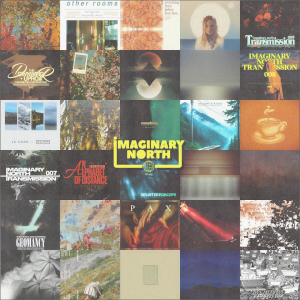Eloy proffers an array of dampened, eerie sounds, like a great digestive system. The belly of the beast? Although arising only momentarily, the denouement almost sounds triumphal.
Jean-Claude Eloy (b. 1938) is an atheist who roams the planet in search of holiness. Le Minuit de la Foi/The Midnight of the Faith was inspired by the life and fate of Edith Stein, born into an observant Jewish home in Germany in 1891, whose youthful atheism slowly eroded over the course of the First World War. After receiving a doctorate in philosophy under Edmund Husserl at the University of Freiberg, she converted to Catholicism, but lost her teaching job with the implementation of Aryanization in 1933. Fleeing the country in 1938, a monastery in The Netherlands became her sanctuary until 1942, when she was deported to Auschwitz. A week after her arrival, she was gassed to death.
At the time of her arrest, Stein was putting the finishing touches on “The Science of the Cross,” an analysis of the works of St. John of the Cross sprinkled with the thoughts of his friend and mentor, Teresa of Ávila. That these should be the lodestars of Stein’s theology is interesting in itself, as both Spanish mystics were born of converso families, Jews who either willingly or by coercion converted to the Catholic faith after the Reconquista of the late fourteenth century, and both their lives were characterized by idealism, identity, and persecution—Teresa for her non-conformist, divine revelations and John, who was imprisoned and tortured for his reformist leanings. There is no evidence that Stein was drawn to either of them for this specific reason, though a sentence leaps from the pages of “The Science of the Cross” with fearful prescience—in matters of personal freedom, “God Himself comes to a halt.” Stein reserves the right of the individual to determine the path of her own soul – in contrast to any regime that would force that decision upon her.
In Le Minuit de la Foi/The Midnight of the Faith, Eloy quotes only sparingly from the book, each fragment triggering an extended instrumental passage, which comments on the text by reaching for a “more comprehensive and higher dimension, more sensual, more concrete and at the same time more abstract,” according to the composer’s notes.
Divided between two discs, “Morgendämmerung” begins with the metal of a broken bell being struck, answering dumbly. Out of a cluster of bubbles generated by a Metasynth, Eloy’s primary choice of instrument for this recording, Stein speaks. The music brushes up against the sacred without abandoning the precincts of the profane. A very cold wind blows, increasing in velocity over a long duration – Eloy always takes his time – until it turns into a shuddering ghost of itself. Emanating from its very core, surrounded by roiling gloom, comes a sweet, cautious vibration of strings like thin shafts of light. A tangle of cries tries to articulate itself, but remains inchoate and is swept up in the maelstrom. The rest is a long, resigned organ drone.
“Dämmerlicht” continues to vibrate, almost shiver, with drone, as a layer of text is flipped and folded back onto itself. Eloy’s work is often drawn-out and abstracted to the point of endless interpretive opportunity, but by the tenth or twelfth minute, one can’t help but hear it coalesce into the rush of cattle cars along railroad tracks. Suddenly, civilization seems very far away—a village in the distance seems to be being shelled, a church bell knocked out of shape. Again, a Babel of frightened whispers seems unable to formulate comprehensible statements. The only clarity comes from Stein’s words. It is difficult to contain, this thing called Genocide, and at a point midway through “Dämmerlicht,” actress Gisela Claudius, who has been reciting the texts, breaks the “fourth wall” by discussing the text in English with Eloy, praising the line she’s just read as the best thing Stein ever wrote, repeating it quietly to herself. For the remainder of this section, Eloy proffers an array of dampened, eerie sounds, like a great digestive system. The belly of the beast? Although arising only momentarily, the denouement almost sounds triumphal.
Le minuit de la foi / The Midnight of The Faith is available on Hors Territoire.
Audio Player





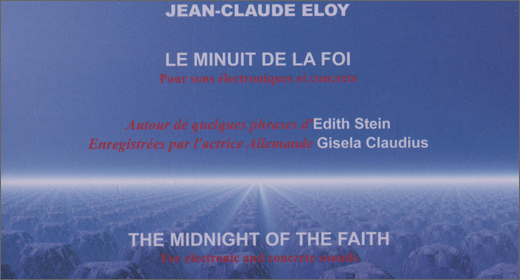
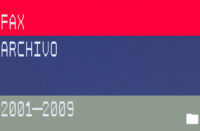
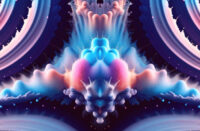

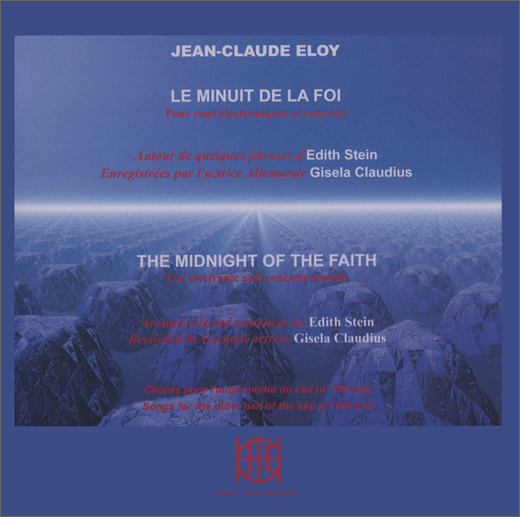

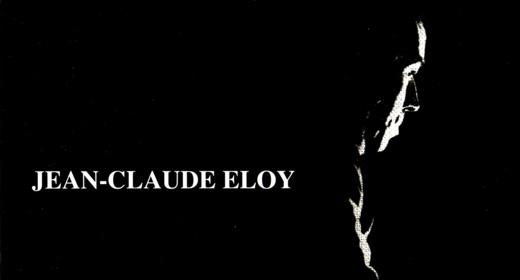

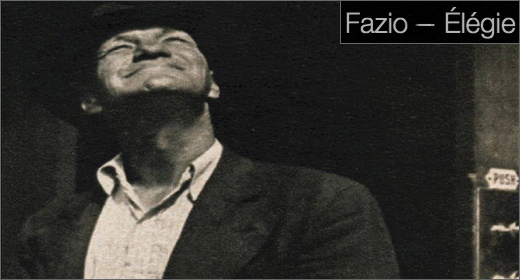
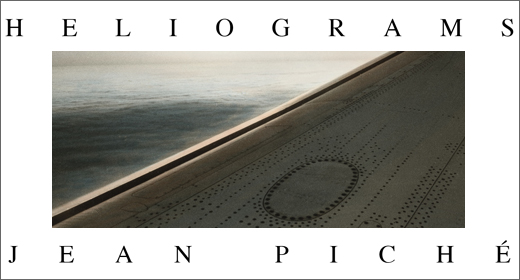
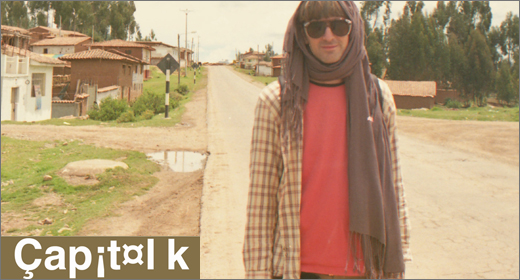
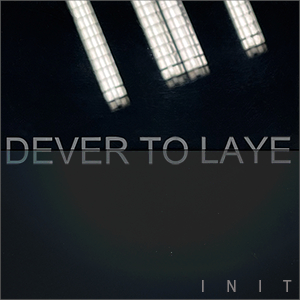


![Squaric :: 808 [Remixes] (Diffuse Reality) — [concise]](https://igloomag.com/wp/wp-content/uploads/2025/04/squaric-808-remixes_feat-75x75.jpg)






